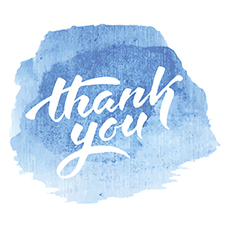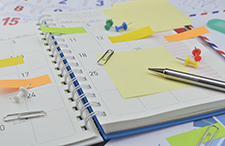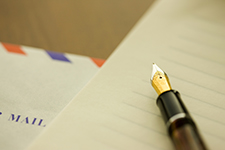Although workplaces across the country are reopening, COVID-19 is still changing what the hiring process looks like. To cut down on face-to-face interactions, many companies have switched to video interviews.
Once the interview is over, it’s a good idea to reach back out to your interviewer and thank them for their time with a personal note. However, COVID-19 has changed what following-up entails. Here are a few steps to follow.







